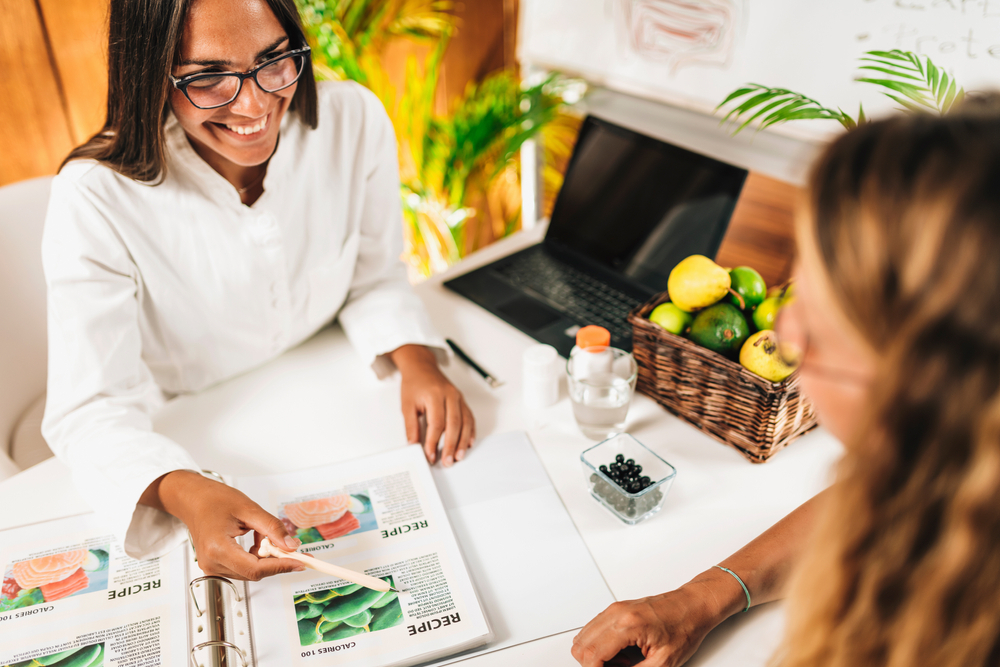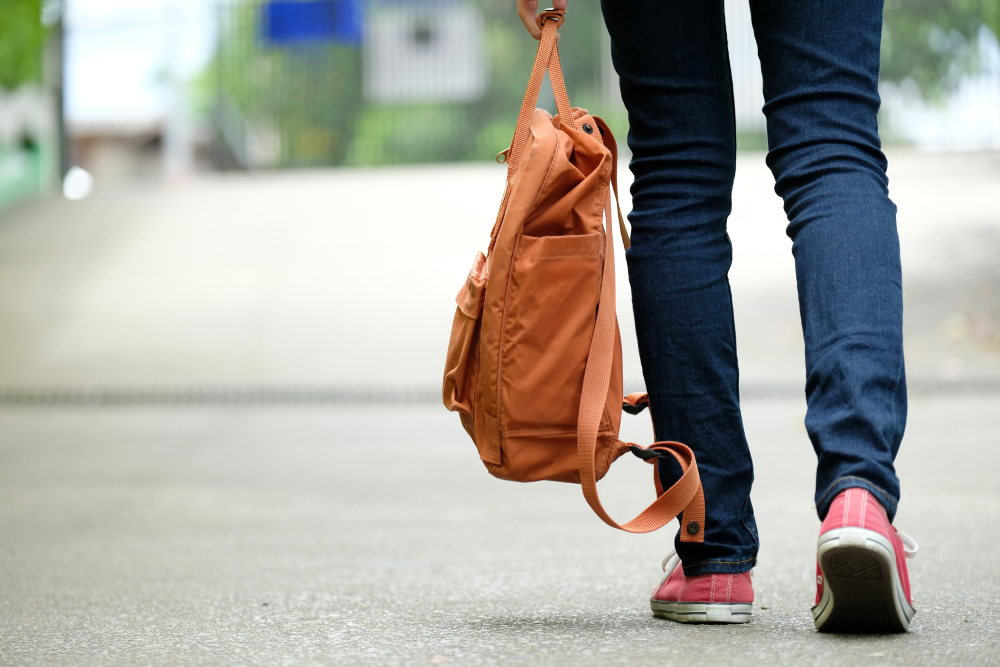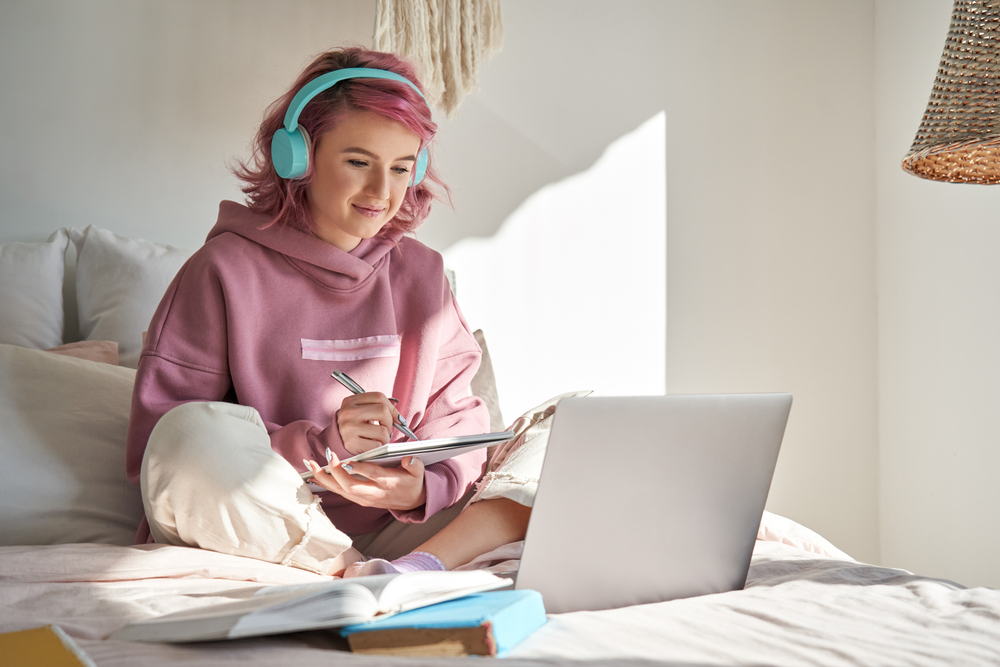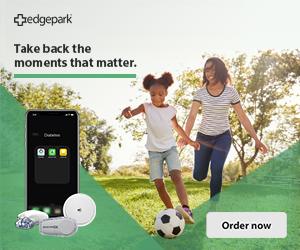Shopping and living with T1D during COVID-19
Although many studies have launched since the arrival of the novel coronavirus in early 2020, the effects of COVID-19 for someone living with type 1 diabetes (T1D) are still being investigated. This has been difficult for me and millions of others living with the condition, but the virus still has so many unknowns — even for individuals with no preexisting health conditions.
As researchers study the virus and get control over increasing infection rates, life, in one shape or another, must go on.
There are many daily tasks that can be performed online, but many other actions and activities still require your physical presence. Chief among them are shopping for groceries and picking up prescriptions. If you're living with T1D and nervous about performing these necessary errands during the pandemic, here are a few tips that can help you feel more comfortable and confident.
Focus on what is known
As an engineer, my default is to fall back on data. And while the data is undecided about a lot of things surrounding COVID-19, the Centers for Disease Control (CDC) have noted that "the best way to prevent illness is to avoid being exposed to the virus."
Bottom line: If you want to avoid being exposed to COVID-19, stay home as much as possible! Personally, my family is taking this very seriously in our house. My husband is the only one physically going into stores, and we order almost everything non-grocery related online.
If ordering groceries online is available in your area, that's a great option. Thankfully, even if you have to visit the store to get your groceries, there are some things you can do to limit your exposure. For instance, you could consider using self-checkout lanes (and bring your own disinfecting wipes just in case) or explore curbside pickup options.
Remember that even with all the precautions in place — such as masks and social distancing — there is no way to guarantee 100% sanitization.
Practice healthy paranoia
I'm a big fan of being over-prepared. As a person living with T1D, you probably are, too! We often have backups for backups and create plans B, C, and D. We make sure to take all of these precautions because we know anything can happen.
And so it goes with protecting yourself from COVID-19. The National Institutes of Health (NIH) advise us to:
- Wash hands frequently with soap and water for at least 20 seconds.
- Avoid close contact with people and practice social distancing.
- Avoid touching anything unnecessarily.
- Wear a mask and clean it often.
The Food and Drug Administration (FDA) also has recommendations regarding how to handle food once you have returned from the grocery store:
- Rinse fresh fruit and vegetables under running tap water.
- Scrub fruits and veggies if they have tougher skin.
- Clean the lids of canned goods before opening.
None of these precautions can hurt you — even if you have been careful at the store or pharmacy, thoroughly washing your hands after arriving home is a good idea.
Additional precautions for those living with T1D
Beyond the baseline "wash your hands" and "wear a mask," people living with Type 1 diabetes should consider more frequent blood glucose checks. This is especially important if any out-of-the-ordinary symptoms arise. Knowledge is power and spotting a new trend early on may help your doctor if it does turn into something serious. Continuous glucose monitors (CGMs) make this quick and easy to do.
It's also crucial to continue taking diabetes medications normally and head to the pharmacy for a refill if you need one. Many pharmacies offer drive-thru services. Alternatively, your insurance provider may have a prescription hotline where you can ask about mail-order pharmacy options for insulin injections, test strips, insulin pump supplies, and CGM equipment.
Finally, when you do make a trip to the grocery store, make a point to pick up a few extra canned or frozen food items. It's smart planning to have extra food on hand in case of any additional lockdown measures or a quarantine situation.
As a person living with T1D and navigating the global pandemic caused by COVID-19, focusing on what is known — and making smart, conservative choices — should guide your actions when preparing for a shopping or pharmacy trip.
Curious to read about other diabetes-related considerations that should be taken into account during the coronavirus? Visit the Edgepark HealthInsights blog to explore its library of informative articles.




